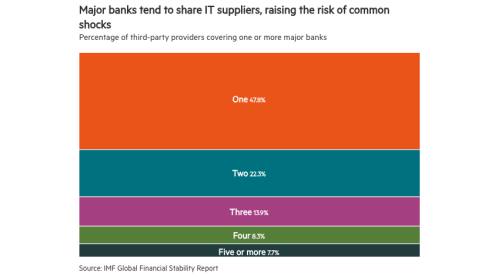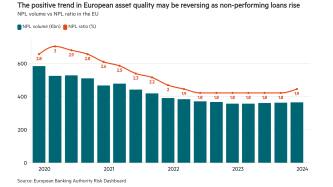In January 2015, the European Central Bank (ECB) declared that it will follow in the footsteps of the US Federal Reserve and the Bank of England and embark on a programme of quantitative easing (QE). The central bank has surprised the financial word with the scale of the programme – €60bn-worth of securities will be purchased monthly until at least September 2016, and possibly longer if inflation in the eurozone does not rise to the targeted 2%.
Such large-scale asset purchases will lead to an upturn in bond prices and consequently lower yields. This is the point of the programme, as QE aims to spur the flagging European economy by driving down interest rates, which encourages lending.











